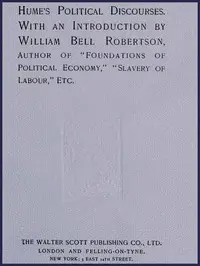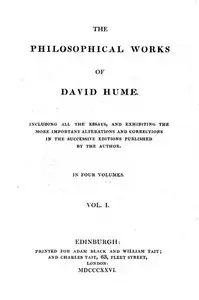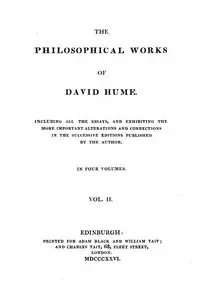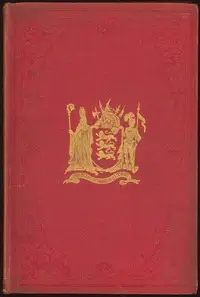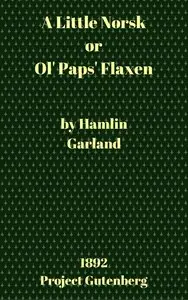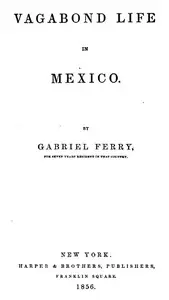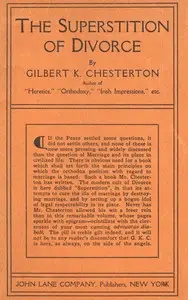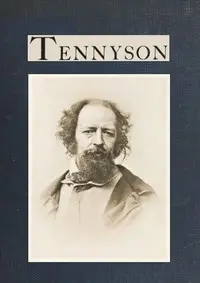"Essays" by David Hume is a collection of philosophical essays written in the 18th century. The book covers a range of topics, including politics, taste, and the nature of government, reflecting Hume's explorations of moral and political philosophy. The opening portion introduces Hume's life, detailing his background, education, and the struggles he faced before gaining recognition as a significant thinker of his time. At the start of the collection, a biographical introduction sets the stage for understanding Hume's perspectives. It discusses his early life, including his ambition toward literature over law, and his move to France, where he began writing significant works, including his "Treatise of Human Nature." Following this, the first essay presents Hume’s thoughts on the "delicacy of taste and passion," exploring how sensitivity to both beauty and adversity shapes human experience, emphasizing that while high sensitivity can lead to greater pleasures and pains, it is preferable to cultivate a refined taste for the arts to balance one's emotional state. (This is an automatically generated summary.)

Essays
By David Hume
"Essays" by David Hume is a collection of philosophical essays written in the 18th century. The book covers a range of topics, including politics, tas...
David Hume was a Scottish philosopher, historian, economist, and essayist who was best known for his highly influential system of empiricism, philosophical scepticism and metaphysical naturalism. Beginning with A Treatise of Human Nature (1739–40), Hume strove to create a naturalistic science of man that examined the psychological basis of human nature. Hume followed John Locke in rejecting the existence of innate ideas, concluding that all human knowledge derives solely from experience. This places him with Francis Bacon, Thomas Hobbes, John Locke, and George Berkeley as an empiricist.

